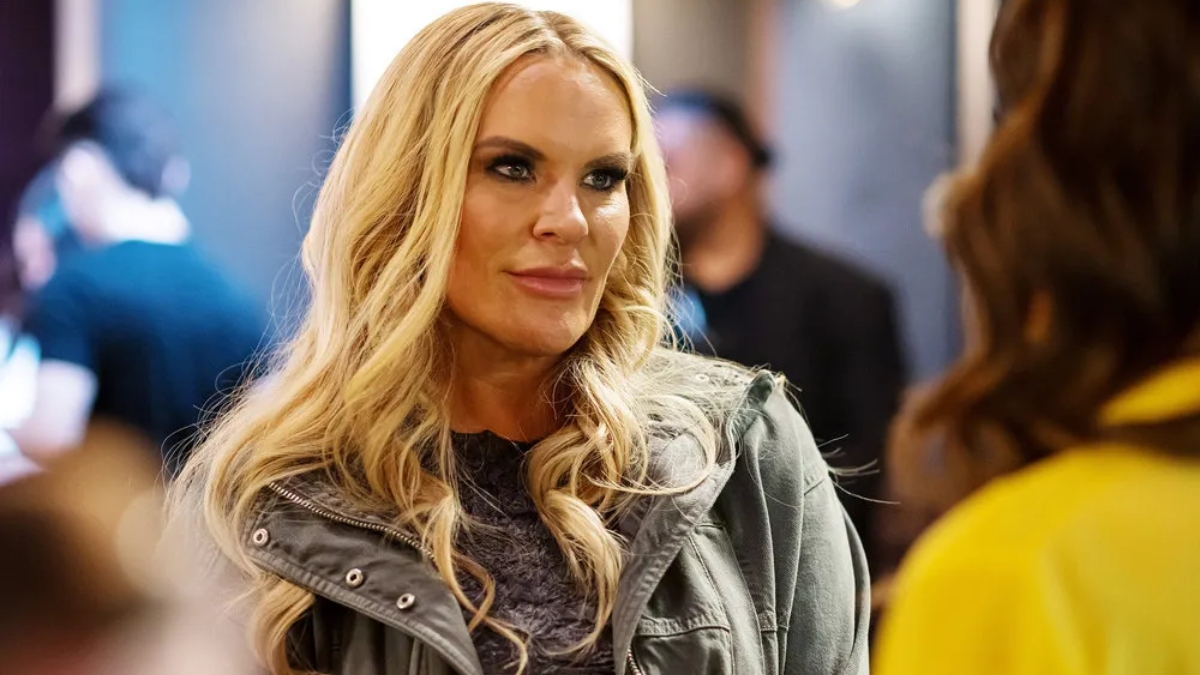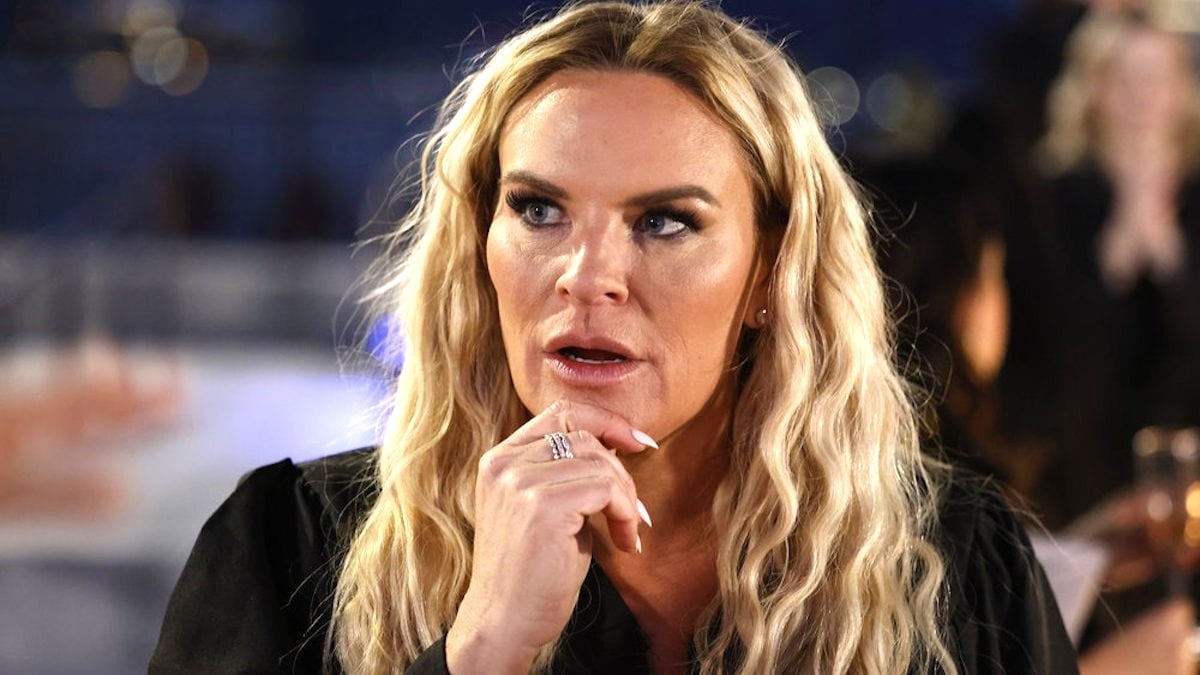Before and after Andy Cohen called it “The Real Housewives of Ozempic,” fans of the Bravo franchise have heard about yet another Housewife who has used the GLP-1 drug for weight loss, and that includes The Real Housewives of Salt Lake City star Heather Gay.
Whether or not you think RHOSLC is one of the best shows in the franchise, it’s hard not to find the fairly new series gripping. But while viewers may have heard that Heather took Ozempic, they might not know the full story. Let’s hear what she said and why this is so important to talk about.
What did Heather Gay say about her Ozempic use?

Heather shared with ABC News in March 2024 that she used Ozempic to lose weight and ended up losing 30 pounds. While some Real Housewives stars have said they use Ozempic (and some, like Kyle Richards, have said they definitely didn’t), Heather has been particularly candid when discussing it. But many people might be upset to hear her take on the drug, which is intended for people who have Type 2 diabetes.
According to People, Heather was at the Women of Reality TV event put on by Variety and talked about others being “nicer” once she had dropped five pounds. She said, “It’s just the way the world works, and that makes me sad for women.”
But this is where things get a bit confusing. Heather’s words suggest she thinks people should love themselves no matter what and she does seem to think that. But she made a statement that sounds like fat-shaming. She said in her ABC News interview that it’s “disappointing and sad to know that body positivity was all a big lie” and “it’s better to not be overweight.”
While Ozempic might be a Hollywood rage or fad right now, there’s a deeper, important discussion to be had. Eating disorder expert Marianne Miller told USA Today that if people who struggle with eating disorders take Ozempic but don’t deal with their emotions, that’s a problem. Miller said “weight loss is incredibly complex.”
To be totally fair, Heather did tell ABC News that she hopes her three daughters Georgia, Annabelle, and Ashley will be “empowered” as they move throughout their lives. She said she doesn’t want them to believe their “value” and weight are connected. But at the same time, Heather said she can’t “lie” to her daughters and say that “what matters is on the inside” only as physical appearances “matter” as well. This is a strange take, as don’t most moms tell their kids that their personalities, hopes, and dreams are what count the most?
While Heather didn’t say that she had any negative side effects when she took Ozempic, this is another key piece of the puzzle. According to Harvard Health Publishing, people can experience constipation, diarrhea, nausea, and even throw up when taking Ozempic (no thank you!). Although some people have great experiences, others aren’t so lucky, which is what feels so scary about this trend.
When RHOSLC fans discussed Heather’s statement about Ozempic on Reddit, some agreed with her that society is unfair toward those in larger clothing sizes, which is of course true, and horrible. Others relate to her weight loss journey, and have been on the same trajectory. Redditor @The40ishDiva said GLP-1 drugs are “life changing for people who have battled weight, food noise, and food addiction.”
If Heather is happy and feels good, then that’s important, and she’s allowed to change her body if she wants. She called Ozempic her “last hope” when wanting to lose weight, and people can be sympathetic that she did try other things first, which must have been frustrating.
It seems crucial to think about this situation from Heather’s POV. She’s a reality star with an image-obsessed career, and has to think about her body more than a lot of people, given all the time she spends being photographed or filmed. However, the most troubling part of her Ozempic discussion is that “body positivity is a lie.” The diet culture of the ’90s and 2000s has gotten a lot better, although there’s still a lot of it today, and the body positivity moment has helped countless people find contentment and health. It’s a shame to ignore that, or worse, claim it’s not a step in the right direction.

